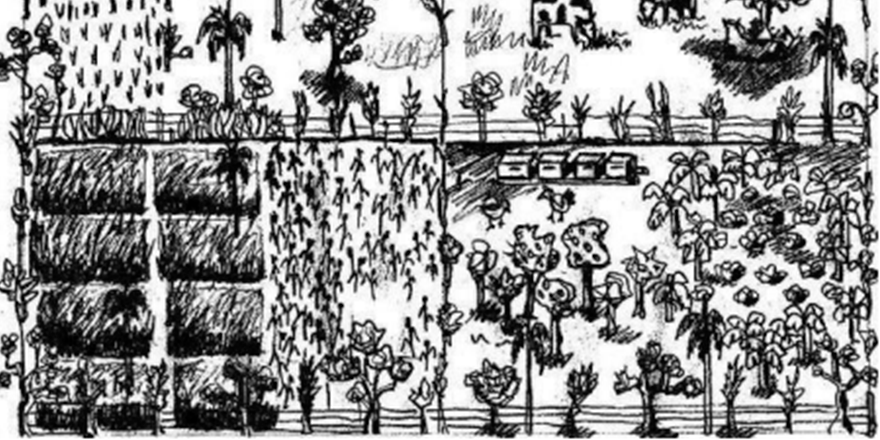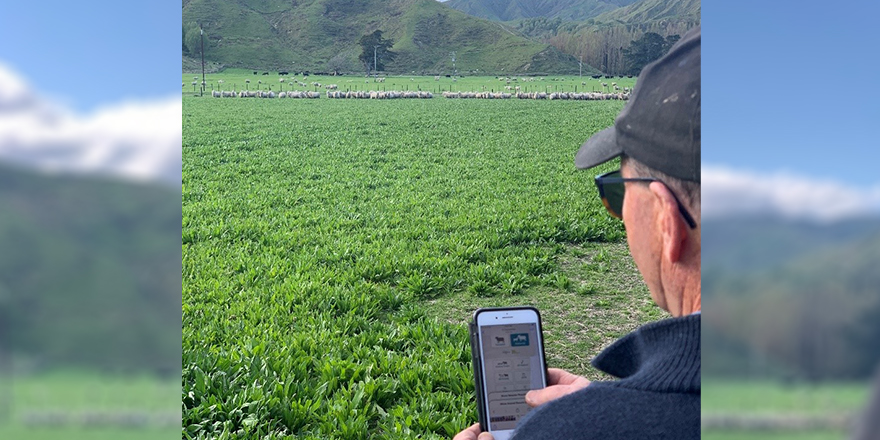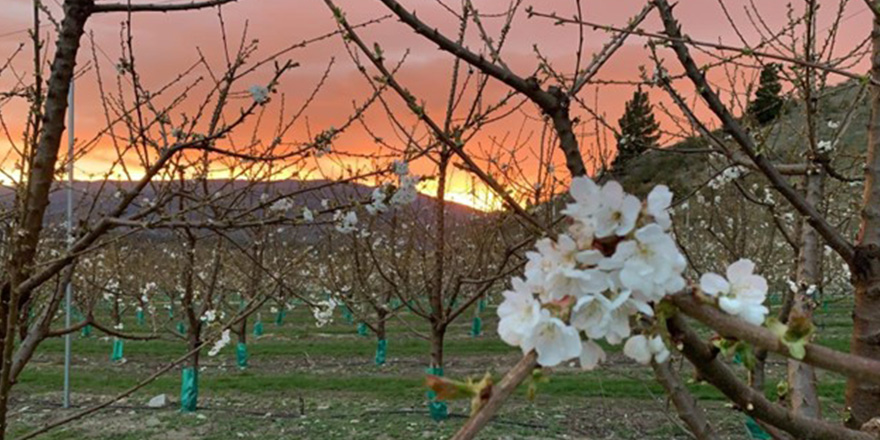
Executive Summary
For my Kellogg project I wanted to explore how ‘ready’ we are as a sector to capture the potential value of diverse dairy enterprises across different parts of the value chain, everything from farmer or grower to consumer. In Canterbury specifically, we may find ourselves in a position where environmental regulations encourage us to operate with multiple land uses, as individual parcels of land work to reduce their nitrogen leached, water used, and greenhouse gases emitted.
There is also building pressure and urgency around finding pathways to capture opportunities such as: adding more value to non-replacement dairy calves, positioning our New Zealand Food and Fibre products away from commodities and towards products with genuine market differentiation as well as understanding the role plant based proteins will play in New Zealand’s food future. I believe that this provides us with an infinite opportunity to re-imagine not only what we farm or grow, but also how we collaborate across supply chains and how we look to position a unique provenance position in the marketplace.
I chose to interview a combination of start-up and mature businesses across farming, processing and food retail disciplines, aiming to bring together the key themes that will influence our ability to achieve exceptional value from our collective efforts and share it in the most meaningful places across supply chains. I have used a simple reflection technique of: viability, feasibility and desirability to analyse the validity of any recommendations in terms of their ability to provide additional value to a range of stakeholders. My objective is clear – there must be winners and winners, not winners and losers. I have chosen to present my report using a combination of storytelling and academic techniques.
My key findings were:
- We are not being honest with ourselves when it comes to the consumer and how rapidly their buying preferences are developing, and letting this guide us. We are not curious, and often apply our own value set to another individual.
- Losers will be defined by their attitude towards disruption – the pace of change required is faster than ever before and there is an urgency to think differently in order to remain relevant.
- We are lacking in options for farmers to gain accessibility into horizontal diversification and supply chains. We are applying old thinking to new challenges rather than collaborating across land uses and seeking shared benefit.
My recommendations are: - We need to get excited about the consumer and their changing preferences, not spend energy defending why we perceive those preferences to be invalid.
- We must embrace disruption and not lampoon those who give it a go.
- We can provide more ‘turn-key packages’ for farm system diversification to enable farmers to pivot.
- Modelling of future farm systems and connected value in the market can’t be done as an academic exercise; it must be grounded in commercial reality utilising key stakeholders from the outset.




